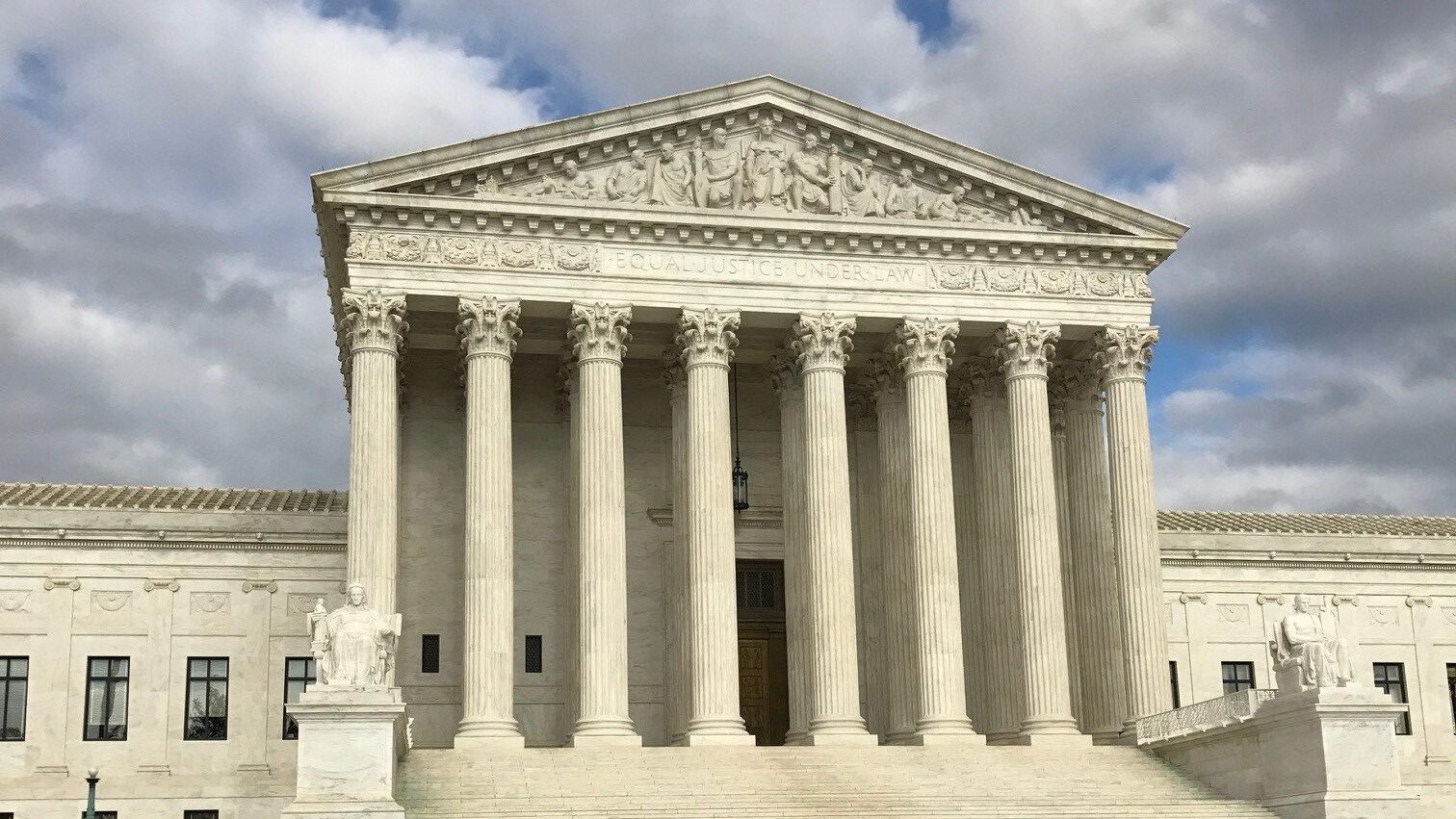In a decision that reaffirms the strength of arbitration awards and the limits of judicial review, the Connecticut Appellate Court reversed a trial court’s decision to vacate an arbitration award reinstating a police sergeant terminated for use of force during an arrest. The case, City of Torrington v. Council 4, AFSCME, offers some important









